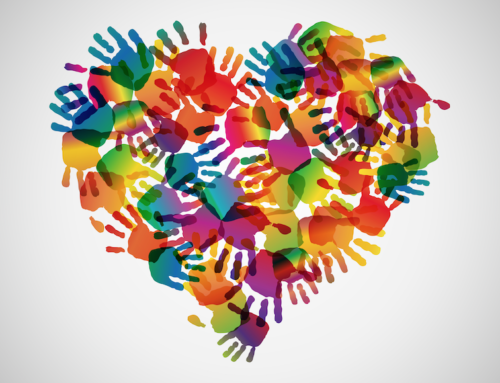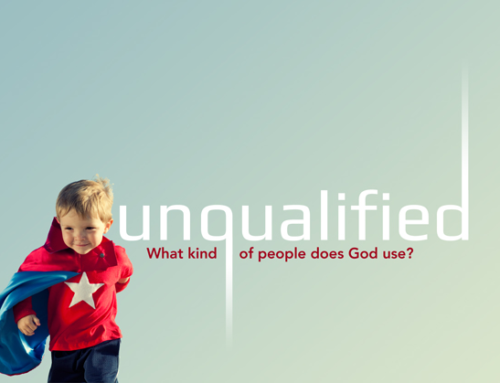Balancing the Bible
May 19, 2016
Categories: Religion/Spirituality
The Bible is an important book for Christians. For many of us, it provides not only a historical narrative for how God has engaged with humans over the course of history, but also a set of guidelines for making moral and ethical decisions. When I was growing up, I was taught to use the Bible as my sole authority for moral and ethical decision-making. But as I have grown older, I have noticed 3 problems with this strategy.
- It has a bad history. The best predictor of future behavior is past behavior. Historically, using the Bible as the sole authority for moral and ethical decision-making hasn’t always worked out well. For example, many Christians in the 1800s believed that the Bible supported slavery. If you read the Bible in a vacuum removed from its historical context, you can see why people thought this. (The Bible never explicitly condemns slavery.) Today we look back at those Christians and shake our heads, wondering how they got something as important as slavery so wrong. But today, I think it’s possible Christians are making the same mistake with issues like gender roles in marriage and church, transgender issues, and gay marriage.
- It ignores the cultural context. The Bible was written in a specific time to a specific group of people. It’s difficult work to think about how a text written in a specific time to a specific group of people applies to the 21st century. The problem, in my opinion, is that many Christians don’t think about these issues thoroughly enough. Some teachings like those on slavery are viewed as ‘obviously cultural’ whereas other teachings like those on gay marriage are viewed as ‘true for all times and places.’ There isn’t often an in-depth process used to figure out how culture influences our interpretation of the Bible. What does it mean that the passages about gender roles were written at a time when the dominant culture was patriarchal and women weren’t well-educated? What does it mean that the passages about same-sex activity were written at a time when the idea of two Christians making a life-long marriage commitment to one another wasn’t part of the cultural reality? These are deep questions that deserve serious consideration.
- It ignores scientific research. The church used to think that the earth was the center of the universe, and the sun revolved around the earth. This seemed to be what the Bible said, and Galileo was tried as a heretic for saying otherwise. Now we know that isn’t the case, and Christians have changed their mind on this issue. Yet history repeats itself. Are we okay with evolution being taught in schools? How does the scientific research on gender differences, efforts to change sexual orientation, and children adopted by same-sex couples affect our moral and ethical decision-making? Should it influence our moral and ethical decision-making? If you use the Bible as your sole authority, the answer might be no. But what happens as a result is Christians are often the last ones to come on board with advancements in science and social justice. This is a bad deal.
If using the Bible as the sole authority for moral and ethical decision-making doesn’t lead to the outcomes we want, what is the alternative? I still read the Bible, and I think it is an important book, both for its description of how God has engaged with the world over the years and for its guidelines for moral and ethical ways of living.
But I think the key is balance. Yes, the Bible should influence our decision-making as Christians, but we should balance Scripture with other considerations. In the Methodist church, we apply what is called the ‘Wesleyan Quadrilateral’ which basically says that theological conclusions should arise from considering (1) Scripture, (2) tradition, (3) experience, and (4) reason. It is often said, “Wesley believed that the living core of the Christian faith was revealed in Scripture, illuminated by tradition, vivified in personal experience, and confirmed by reason.”
The Bible is important. But let’s keep it in balance.
Discussion: How do you balance various sources of authority when making moral and ethical decisions? What do you think of the Wesleyan Quadrilateral of Scripture, tradition, reason, and experience?
Related Thoughts

Subscribe To My Newsletter
Join my mailing list to receive the latest blog posts.
Receive my e-book “The Mental Health Toolkit” for free when you subscribe.





